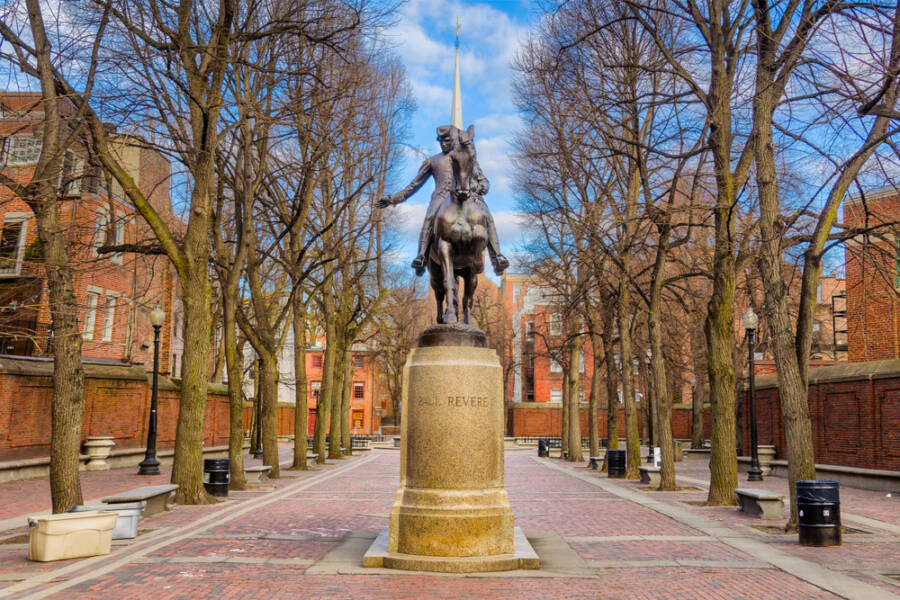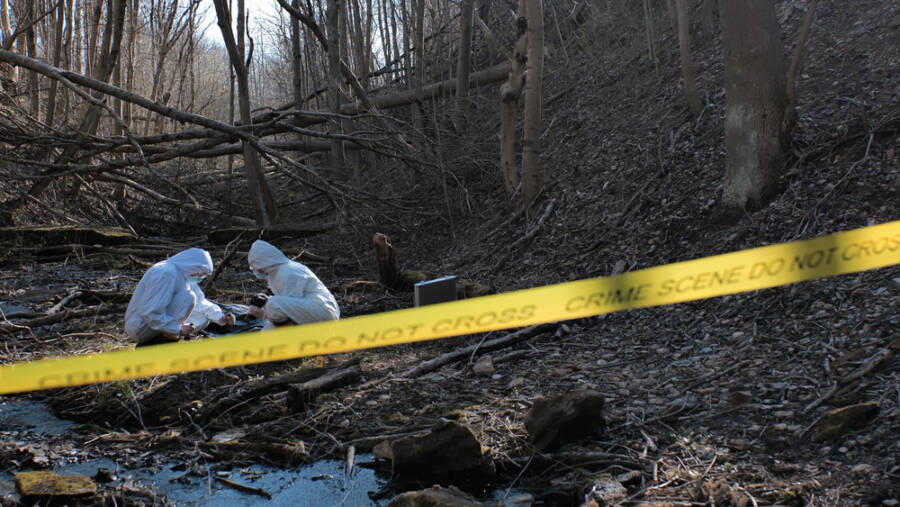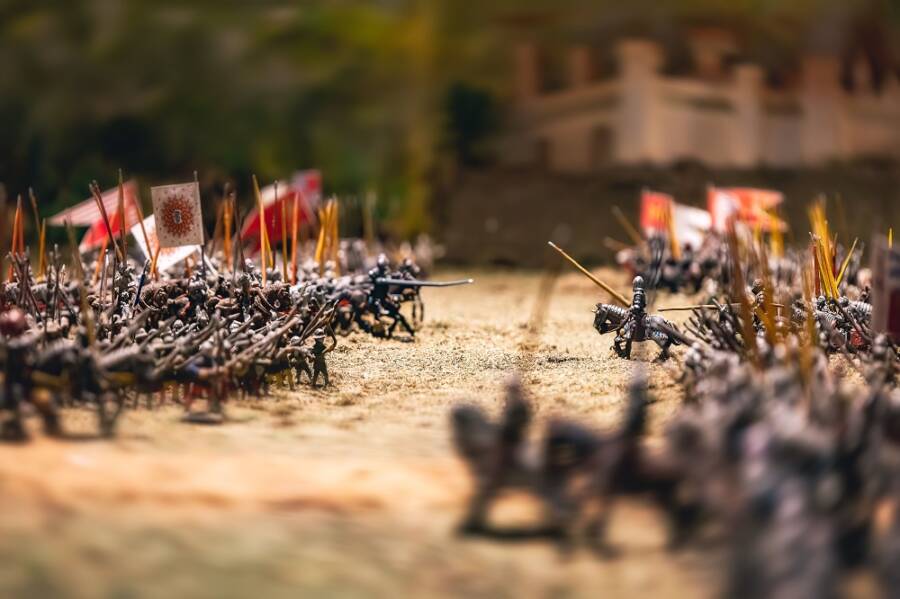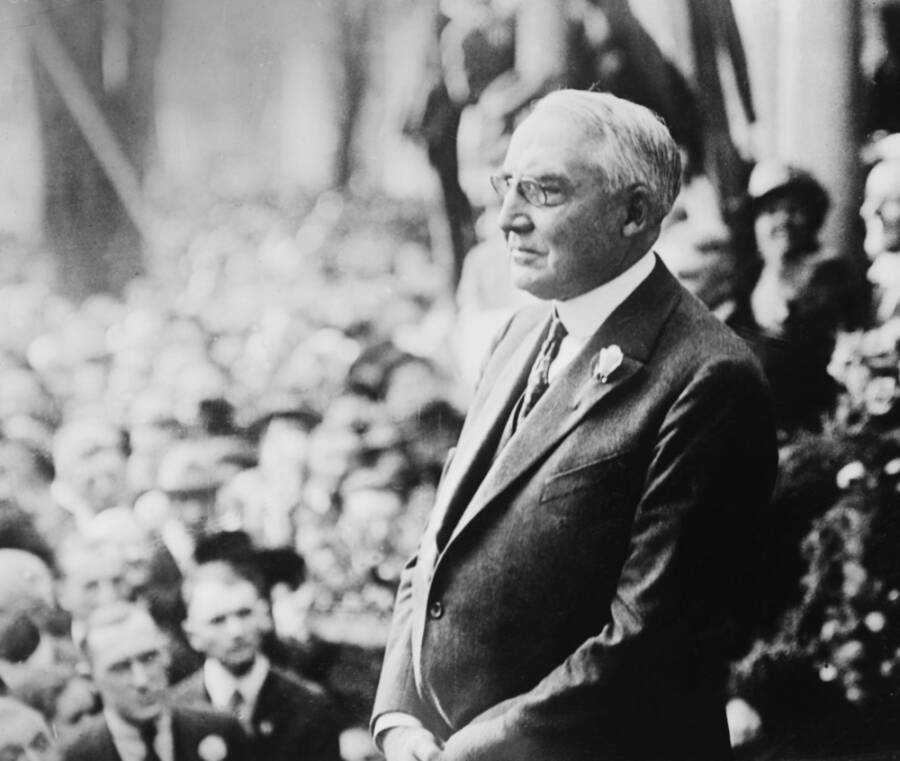During the 1700s, hygiene was a highly sensitive topic, and it was maintained through a balance between two major things: social position and religious belief. Although the initial colonies had different characteristics, hygiene in the early American cities and rural villages was neglected, and odors, grime, and waste were an unavoidable part of daily life.
While lower-class people just fought to survive, middle and upper-class people attempted to avoid or disguise basic annoyances like insects, often to little avail. However, a lack of hygiene wasn’t overlooked, and filth and grime were considered a sign of impoliteness and laziness. Let’s take a quick look into early colonial hygiene and its weird facts.
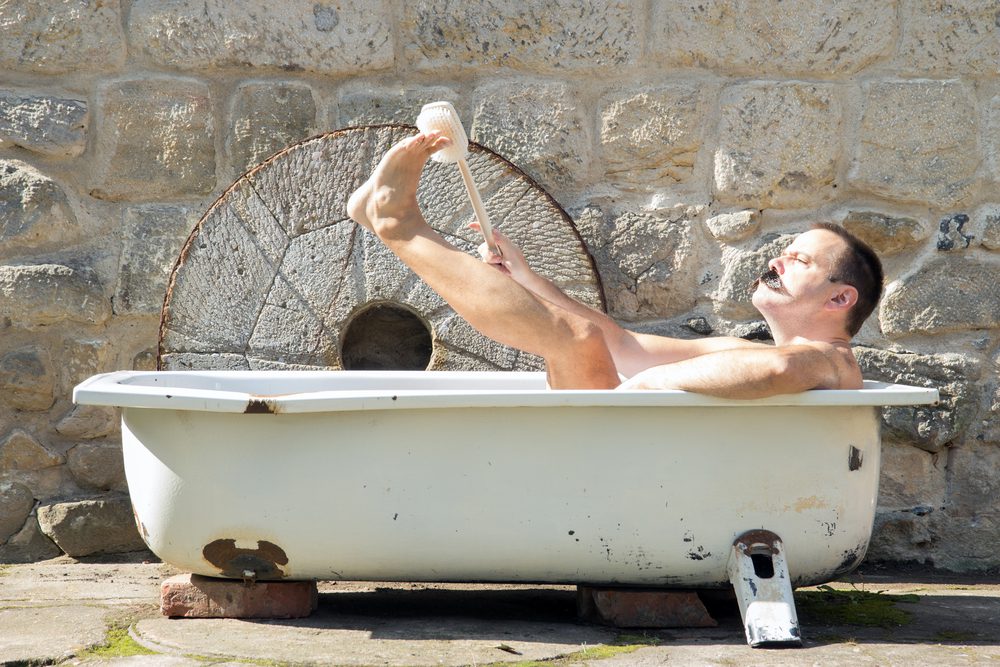
1. Bathing wasn’t a common habit
As we stated before, hygiene was very uncommon throughout the entire 17th century. With showers out of the question, full body baths were also considered weird in the 1700s. Baths were usually given to newborn children, and even that was an atypical habit that very few people used to do.
Although men, women, and children rinse their hands and faces every morning and “bathe” with a small basin of water and a rag or sponge to occasionally wipe themselves, soap wasn’t used for this ritual.
Weirdly, the most common type of bathing was swimming naked in the nearest lake or river, which was mostly used as a “cooling-off” method during the summer rather than for cleanliness.
2. Soap was used only for clothing
During the 1700s, a lot of rich people brought various fragrant soaps from Europe but only used them to wash their clothes. Those who weren’t lucky enough to travel around the world to buy various household items made their own soap. In most cases, soap was made from animal fat, ash, and lye, and because all these ingredients were harsh when in direct contact with the skin, they were used only for clothes. Plus, various sources say that even the smell wasn’t pleasant at all.
Another weird fact about clothing hygiene was that only the dirtiest clothes, like aprons, diapers, or underwear, were washed with this type of soap.
3. Hygiene was directly connected to religion
Given the huge importance of religion in colonial society, it should not be a surprise that religious ideology had an effect on hygiene. For example, Puritans saw dirt as a sign of the devil and sin, and anyone who refused to bathe was thought to be involved in various sinful activities that would upset God and implicitly the church. They believed that the spiritual soul could only be healed if the body was cleaned as well.
But while the church was pro-hygiene, bathing was a complicated issue, mostly because all the public baths began to spread various diseases and people were afraid to go there anymore. However, while Puritans and doctors highly recommended to people regular bathing, some theories said that body oils are essential for good health. In the end, who was right and who was wrong?
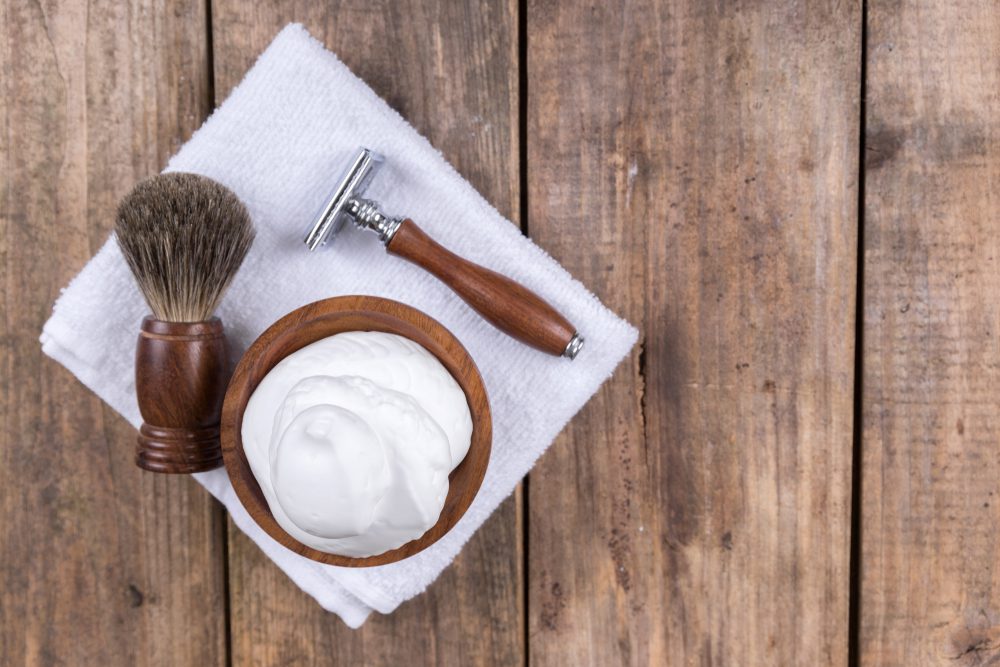
4. Shaving was done only by men
A smooth, shaved face became popular during the 18th century, but before that, men who liked to be shaved had to go to the barber. And they had to be skilled professionals. During the 17th and 18th centuries, this profession was considered low, and whoever practiced it was usually a slave or an African American. While nowadays shaving is a part of hygiene, even for women, there is no clear evidence that women shaved any part of their bodies during the 1700s. And honestly now, who wanted to do that since women weren’t allowed to show any part of their bodies except the face and arms?
Because shaving was considered risky and nobody else except a skilled barber could do it, as unpleasant as it looks, even a woman’s facial hair wasn’t shaved. Instead of this, women plucked hairs or utilized depilatory treatments that weren’t that efficient. Shortly after “The Birth of Mankind” was written, a lot of women were interested in buying this book that included a lot of recipes that helped them get rid of body hair. Even though these practices were harmful for the body, beauty was more important than other things.
5. Dentist wasn’t a profession back in the day
In colonial America, there weren’t dentists because this profession was developed years later. And if you were the unlucky one who needed a quick check-up because of a toothache, well, you could go to the apothecary, the surgeon, and, weirdly enough, the barber himself. Some people asked the blacksmith of the village to help them pull the tooth out. I can’t even imagine the pain patients suffered! It must have been terrible without any painkillers except alcohol, opium, and chamomile tea. In most cases, because it was extremely hard to replace a fallen tooth, it was simply put back into the socket. That sounds terrible indeed!
Regarding dental hygiene, there was none. Nobody cleaned their teeth while they were strong, and nobody ever heard of a toothbrush. For wealthier old people who could afford them, there were implants and dentures made of animal teeth, wood, and metal. These weren’t safe or healthy for the mouth, and most of the people who had to wear them had to deal with constant pain.
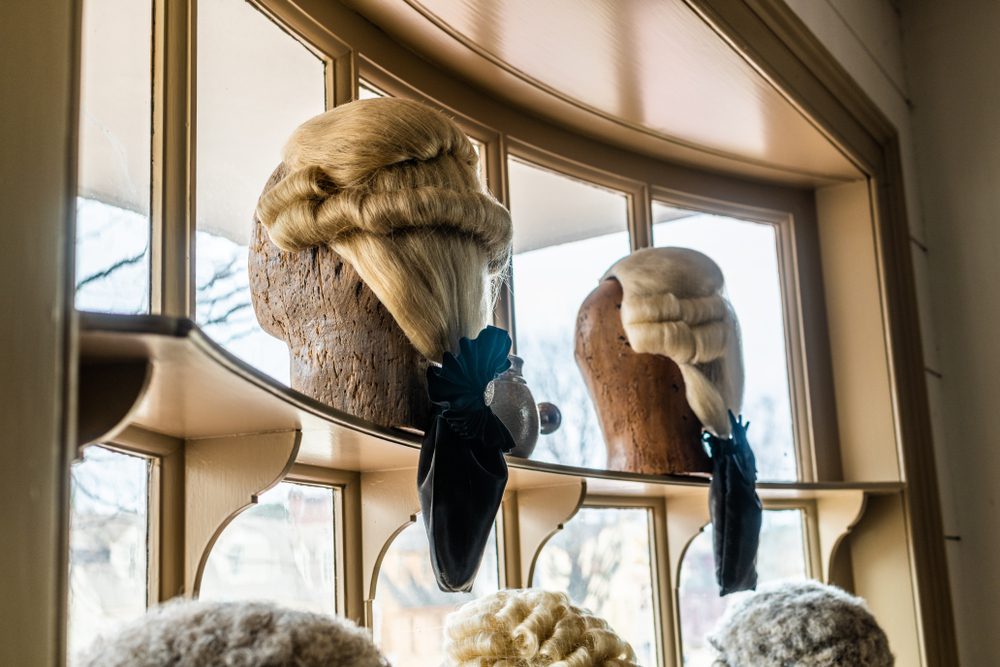
6. Wigs were a thing
Wigs were the real deal, especially for men who weren’t that lucky to grow long, thick hair. While hygiene wasn’t a normal habit, men preferred to wear wigs and keep their own hair very short. Of course, this was the root of plenty of other problems, and one of them was lice, which was a common thing that developed throughout the entire century.
Since the wigs were mostly made out of human hair, they were prone to lice and other nasty insects, which is why the owner had to be careful with them. It was recommended to wash your wig daily or weekly, but a lot of people neglected this advice and went months without washing them.
The bigger the wig, the more insects it will attract, and the process of removing them was pretty uncomfortable, especially if the insects got stuck. However, people used a lot of natural remedies to get rid of the smell, which also kept bugs away from their precious wigs. Bay leaves, sassafras, and bergamot were the three most commonly used natural repellents against insects and lice.
7. Body odors were the main “men repellent”
We already established what the main attitude towards hygiene was during the colonial period in America. And we almost forgot to mention that during this time, a lot of women used their body odors to keep men away from them. Despite the fact that most doctors recommend women have good hygiene, especially because of sexual diseases that could be easily transmitted, a lot of women use their body odor as a “man repellent.” I guess that was the right way to do it! However, this habit was pretty rude towards other women around too.
Do you love history? Then you’re in the right place! If you are a new visitor on this page, you should definitely subscribe for more amazing content like this one!
…psst! Today’s suggestion is 7 Innovative Technologies That Disappeared in the Digital Age.

